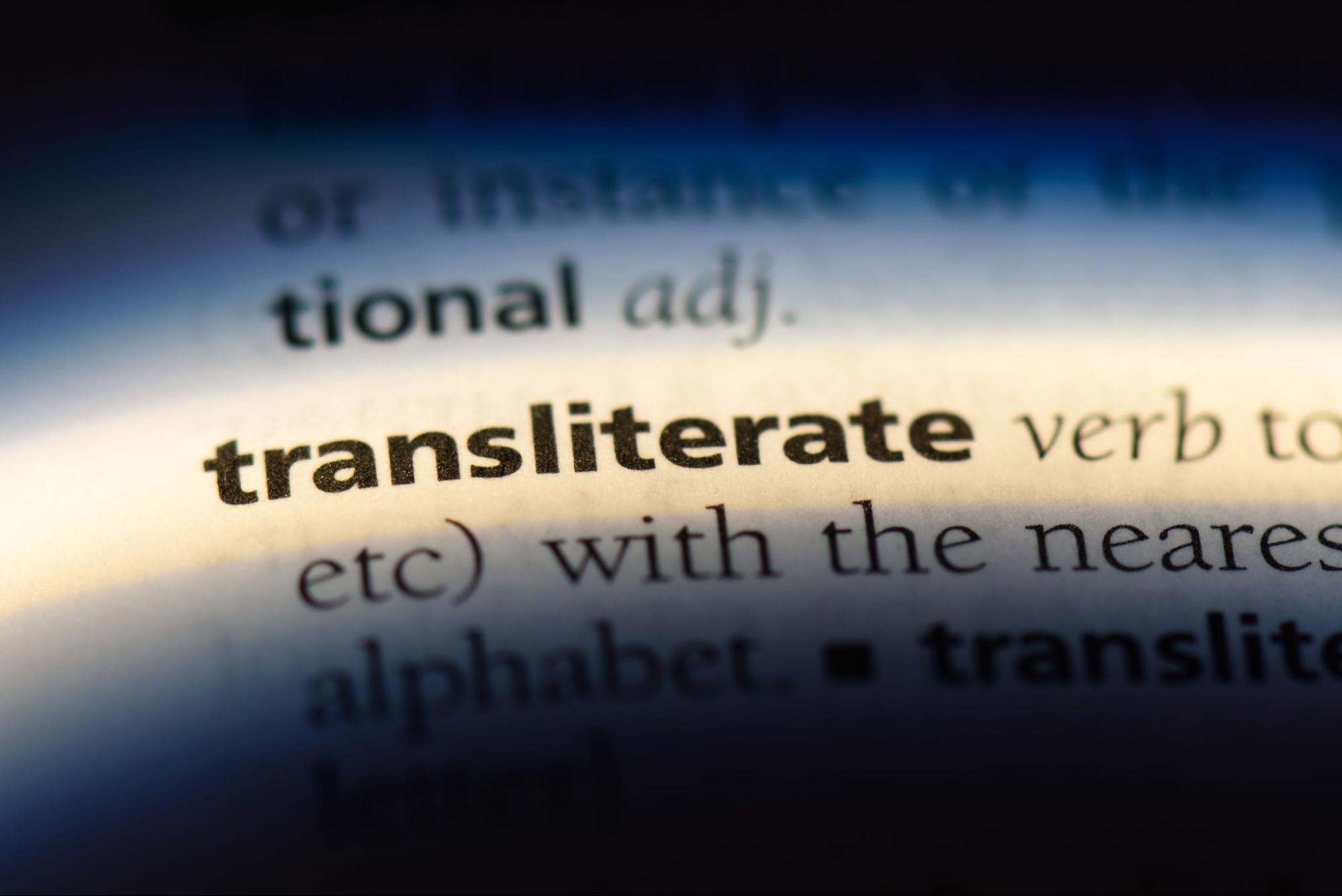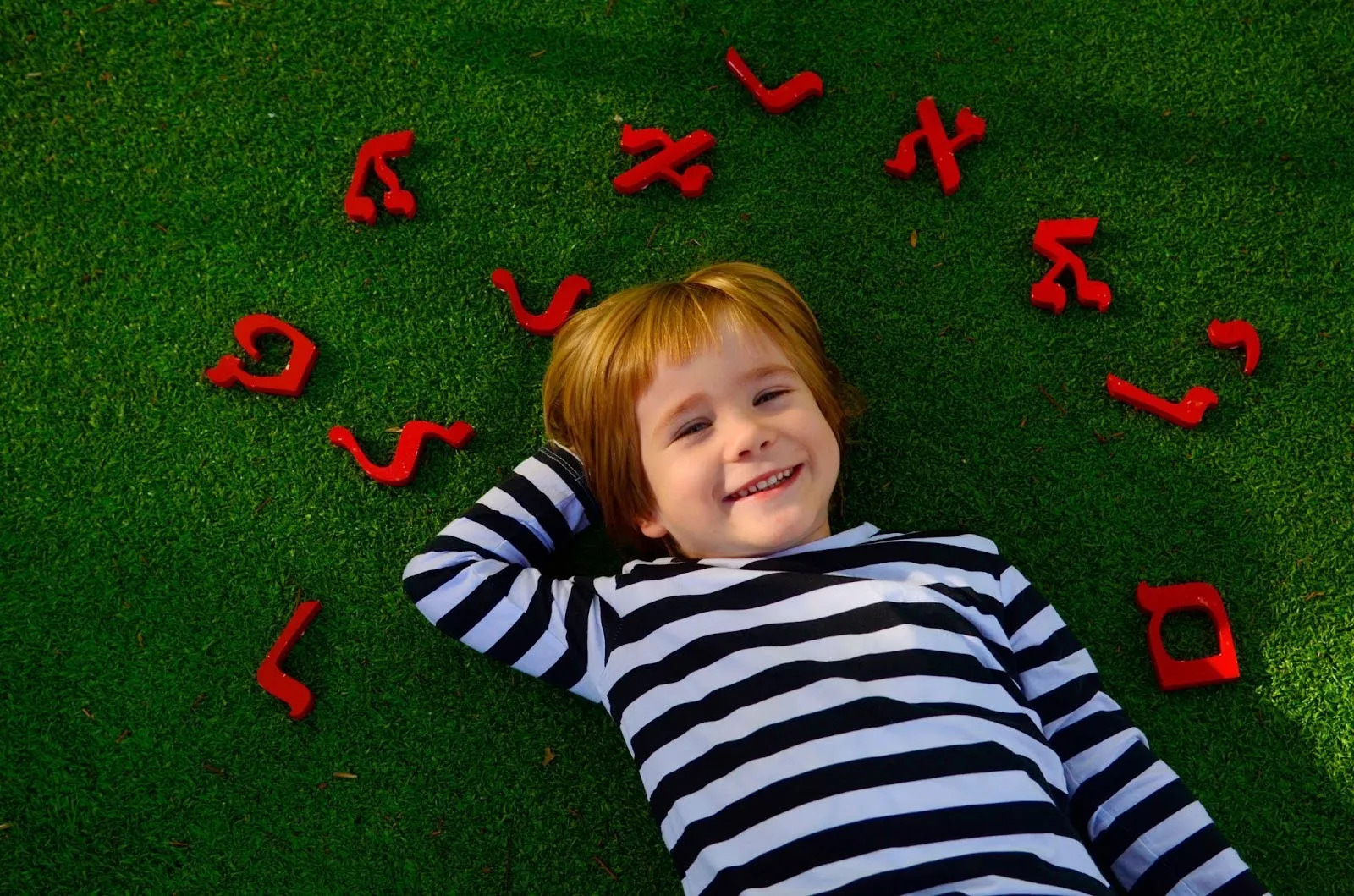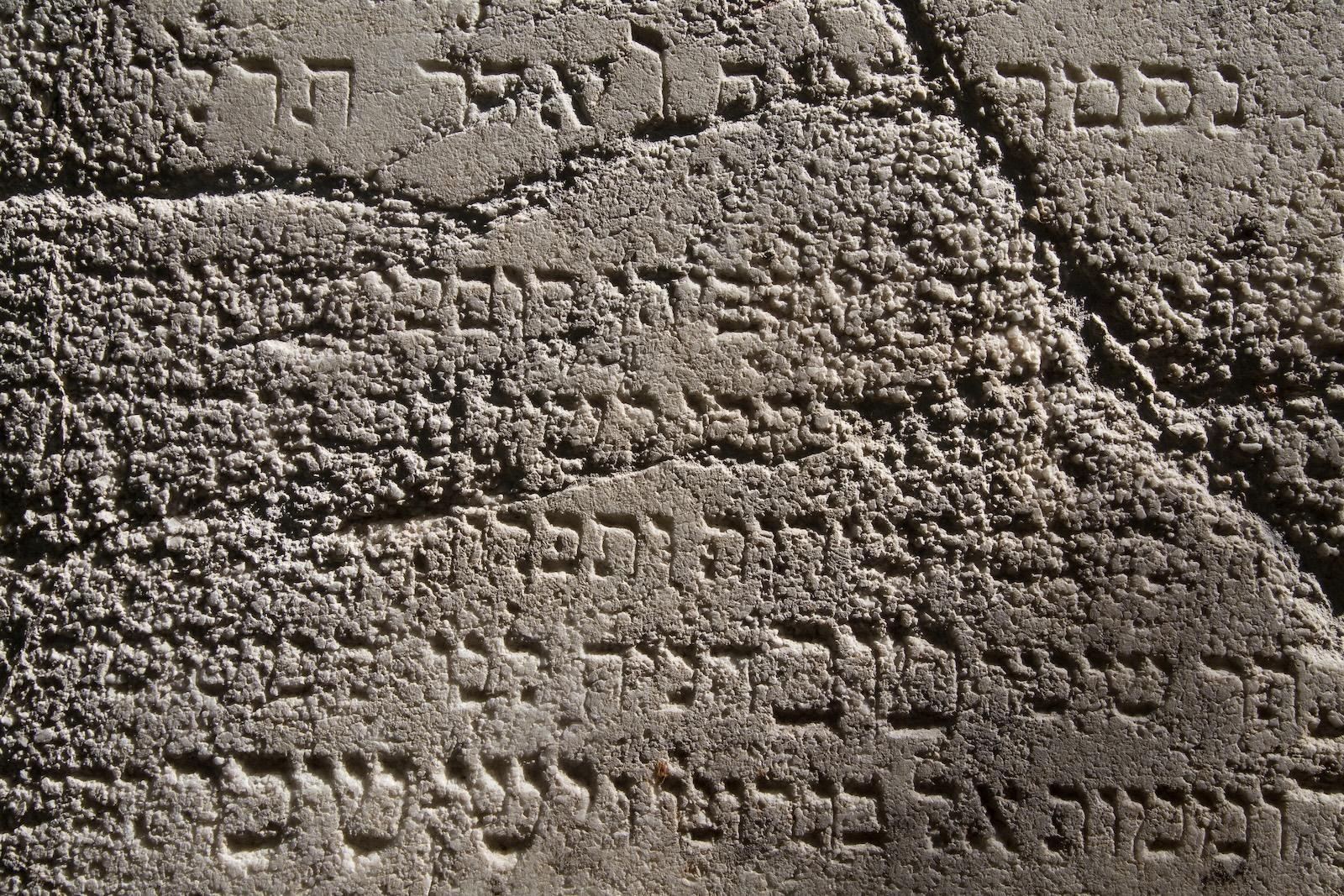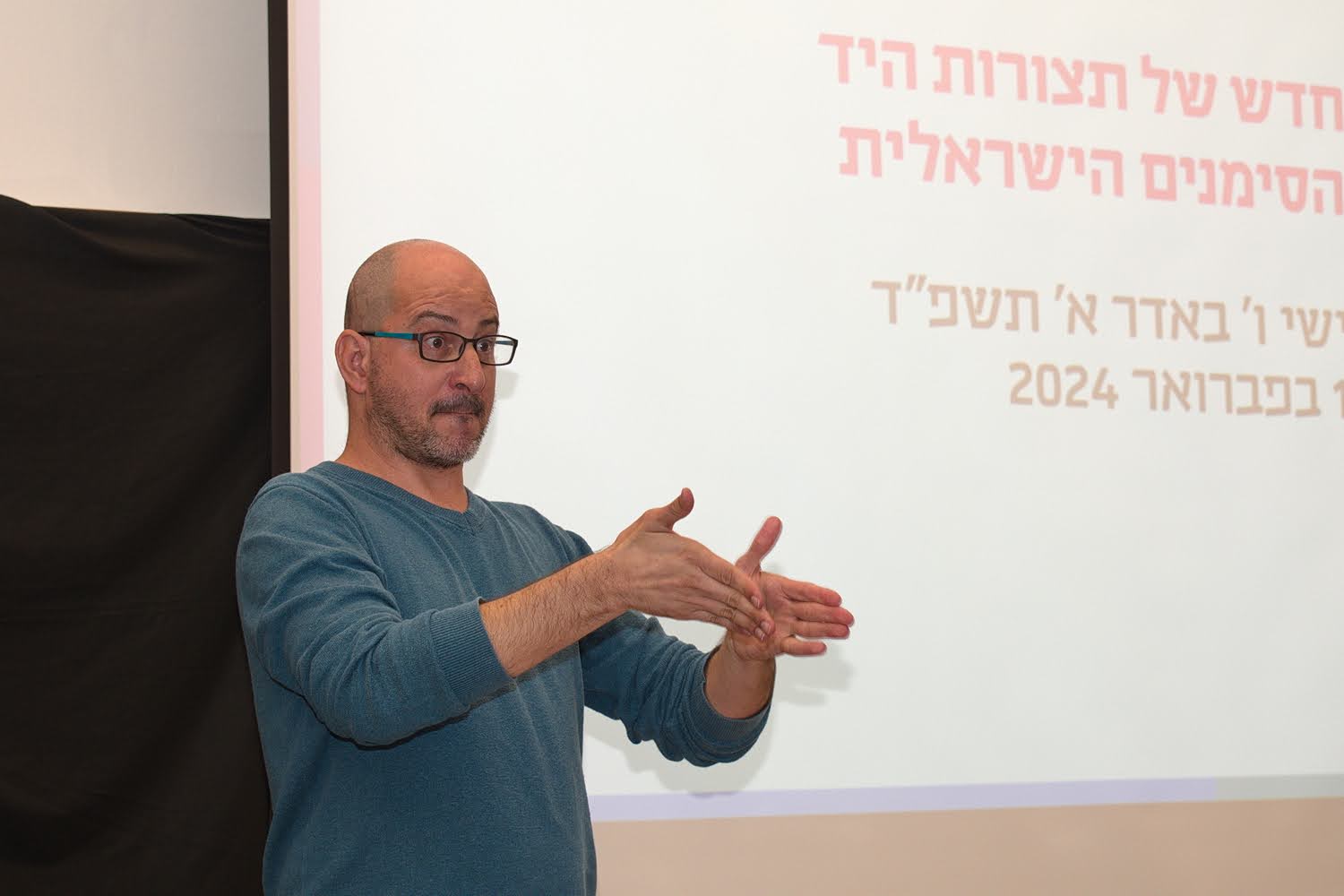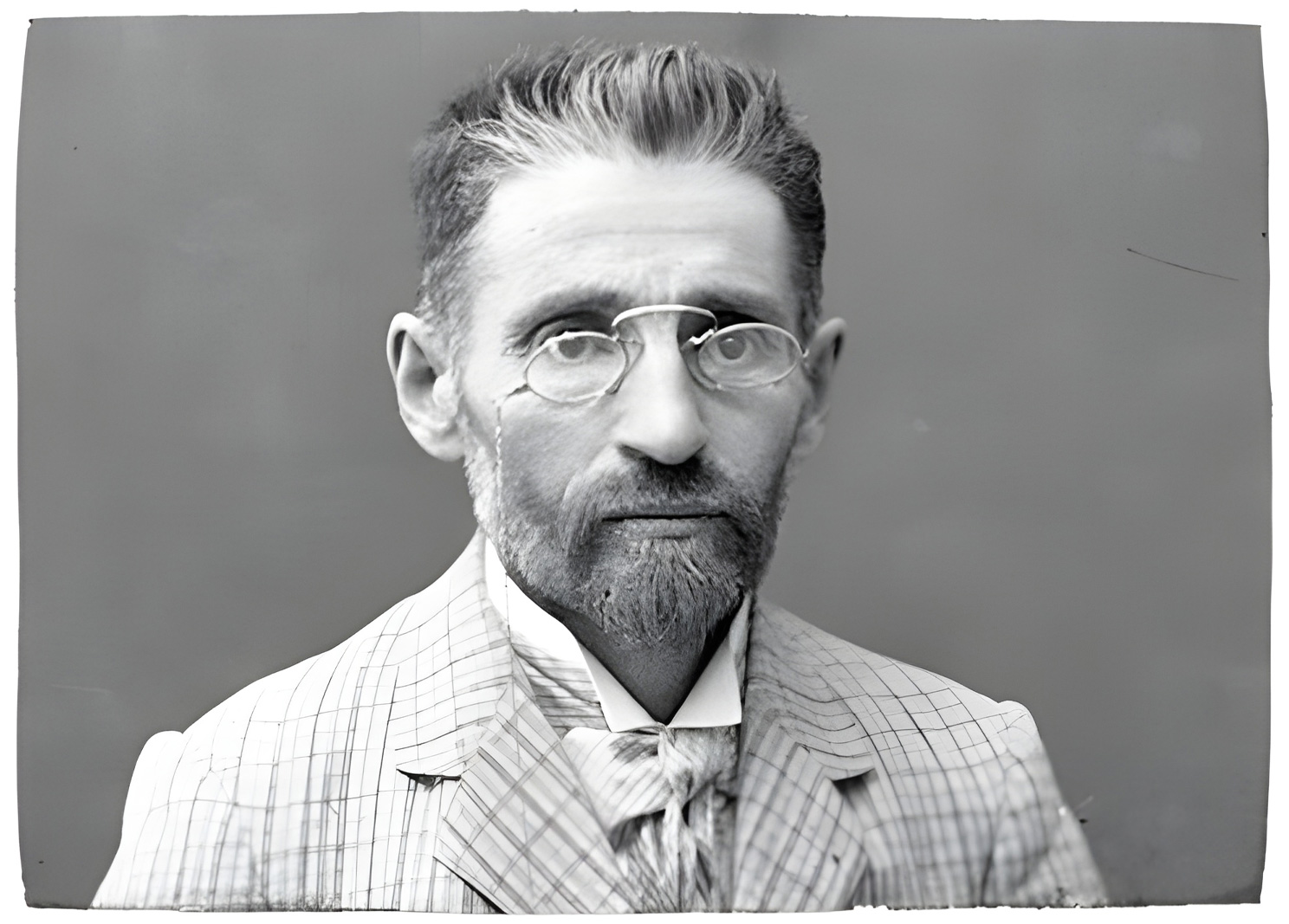
Eliezer Ben-Yehuda: A Life in Hebrew
Once a thriving spoken language from Biblical times until around 200 AD, for thousands of years Hebrew became designated to mostly prayer and scripture, often forgotten and at times forbidden, in everyday life. Until Eliezer Ben-Yehuda, supported by co-visionaries like David Yellin, Yechiel Michal Pines, Ze’ev Yavetz, and his wives Deborah and Hemda, had a vision for something more: a future where the Holy Land was united under a single, sacred language as a new common tongue.
Through relentless writing, linguistic innovations, and grassroots organizing, Ben-Yehuda sparked one of the most ambitious language revivals in history: the return to natural Hebrew speech in everyday life. So, let’s take a deeper look at his incredible life and the central role he played in pioneering the modern, thriving language we know today.
Eliezer Ben-Yehuda’s Early Life
Eliezer Yitzhak Perlman was born on January 7, 1858 in Luzhki (formerly Imperial Russia, now Belarus). His early years were spent with a traditional Jewish education at a heder (school) for young boys. At the time, it was forbidden to learn Hebrew grammar. It wasn’t until 1871, after his bar mitzvah, that his worldview began to shift.
Ben-Yehuda was sent to his uncle in Polotsk to study in a yeshiva, or traditional Talmudic academy. There, he met the head of the yeshiva, a secret advocate of the Haskala (Jewish Enlightenment movement). Throughout his studies Ben-Yehuda was illicitly introduced to Hebrew grammar and enlightenment literature, planting the seed for a lifelong passion for the Hebrew language.
Innovating Hebrew
After his studies, Ben-Yehuda lived in Paris where he discovered his passion for the Hebrew language. Upon realizing that Hebrew lacked terms for everyday words and foreign concepts, he began to innovate and renew Hebrew words to fill the gaps.
The first word Ben-Yehuda created was “millon,” or dictionary, replacing “sefer millim” (a book of words), translated from the German word, “Woerterbuch.” He also began to list words from Hebrew literature of all periods, the start to what would become an overarching Hebrew dictionary.
Ben-Yehuda further embraced his love of language by beginning a career in journalism. While working at a newspaper in the Holy Land, H̠avatselet, under Israel Dov Frumkin, he published his first newspaper, Mevasseret Tsiyon, which appeared as an insert to H̠avatselet in 1884.
Soon after, he left to publish his first independent newspaper, HaTsvi, which became a megaphone for his mission. He dispersed his ideologies and publicized his innovations in reviving Hebrew speech.

Front page of the first issue of HaTsvi
Ben-Yehuda’s ideas were often met with resistance. His efforts to create a free press angered the Turkish government, and they occasionally shut down his papers. By Hanukka of 1893, they had censored his work for a short period and he was even imprisoned for one of his newspaper publications.
To keep his vision alive, Ben-Yehuda was forced to continuously reinvent his publication. This struggle continued over the course of his 30 years long journalism career that ended shortly after the beginning of World War I.
Throughout his career, Ben-Yehuda built institutions to define his movement with structure and community, including:
- The Organization for Rejuvenating Israel: In 1882 he co-founded H̠evrat Teh̠iyat Yisra’el (The Organization for Rejuvenating Israel) which focused on revitalizing the Nation of Israel, including the revival of spoken Hebrew
- Clear Speech: In September 1889, Ben-Yehuda co-founded Safa Brura (Clear Speech) with the goal of uniting the Holy Land’s residents under the sacred language of their ancestors: Hebrew
- The Literature Committee: At the end of 1890, Safa Brura founded the Literature Committee and Ben-Yehuda was chosen as president
- The Language Committee: Soon after its founding, the Literature Committee changed its name to Va’ad HaLashon (the Language Committee), which existed until 1891. In 1904, the committee renewed its efforts, and after the establishment of the State of Israel, it served as the basis for the foundation of the Academy of the Hebrew Language.
Throughout this time, Ben-Yehuda continued creating a Hebrew Dictionary. He published a pocket Hebrew-Yiddish-Russian dictionary in 1901 and a larger Russian-Hebrew-Yiddish dictionary with Yehuda Grozovski in 1907. Then, after three unsuccessful publication attempts between 1887 and 1905, his work, the Complete Dictionary of Ancient and Modern Hebrew, was published in stages from 1908-1959 in Berlin.
Planned for 16 volumes, with an additional introductory volume, only five volumes were published during Ben-Yehuda’s lifetime. The remaining volumes and introduction were printed posthumously, after his death on December 16, 1922. Aiming to record Hebrew vocabulary from all periods, this was the largest and most comprehensive Hebrew dictionary of his era.
Among the many hundreds of words Ben-Yehuda is credited with creating are “bubba” (doll), “glida” (ice cream), “zehut” (identity), “h̠avita” (omelet), “h̠aydak” (bacteria), and “rishmi” (official). Today, Ben-Yehuda’s work is continued in spirit at the Academy of the Hebrew Language through all of their work including the Historical Dictionary Project, the Plenum and Committees.
To honor Ben-Yehuda and his contributions to the revival of Hebrew, the Academy has many of Ben-Yehuda’s items on display in their Cultural and Educational Center (which is named in honor of Eliezar Ben-Yehuda and his wife Hemda) where they invite groups and visitors to hear about the unique story of the Hebrew language. The collection includes a selection of furniture, books, artwork, and tools from the dictionary research from Ben-Yehuda’s home in Jerusalem. Among them are sacred Jewish texts, Hebrew dictionaries in various languages, encyclopedias from the turn of the 19th century, and more.

Eliezer Ben־Yehuda and his wife, Hemda Ben־Yehuda (née Jonas)
Courtesy of the Central Zionist Archives
Upon the 150th Anniversary of Ben-Yehuda’s birth in 2008, UNESCO honored the linguist and his life’s work as an outstanding contribution to education, science, and culture.
As Friends of the Academy of the Hebrew Language, we honor Eliezar Ben-Yehuda’s mission and legacy through our ongoing support of the Academy of the Hebrew Language. We invite you to join us by becoming a friend today!
Read this blog to find out how The Academy of the Hebrew Language approaches the important task of creating guidelines for Hebrew transliteration.
From the history of the Hebrew language to the Hebrew revival, let’s explore what exactly makes Hebrew so unique amongst the world’s languages.
The history of the Hebrew language is rich, beautiful, and complex. To learn more, read our Hebrew history timeline: Hebrew through the ages!
Learn the fascinating story of Israeli Sign Language, its inception, its ongoing development and its place in inclusive education.

